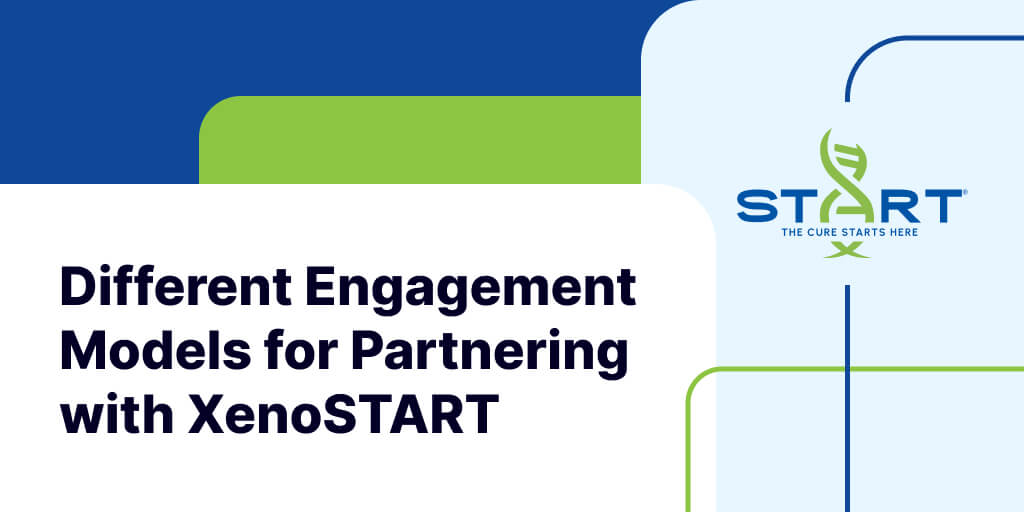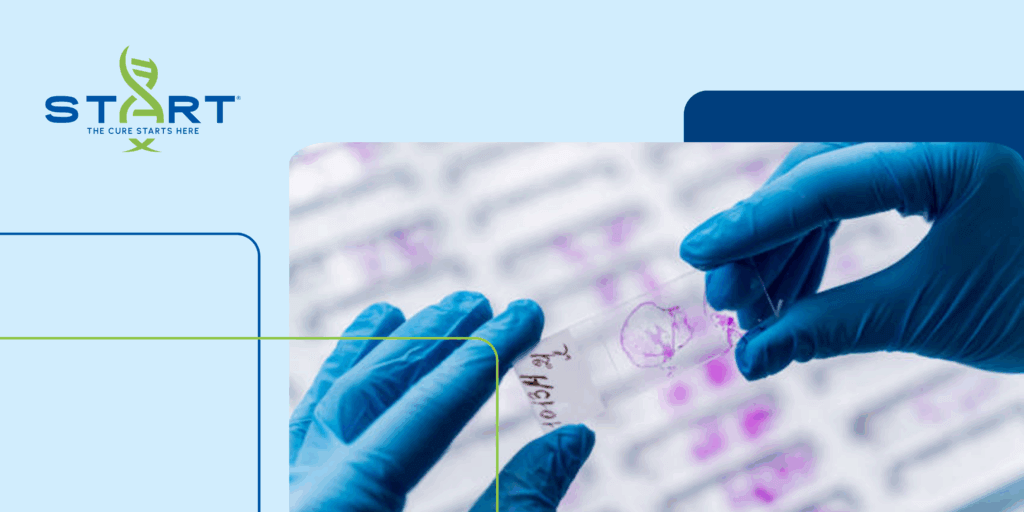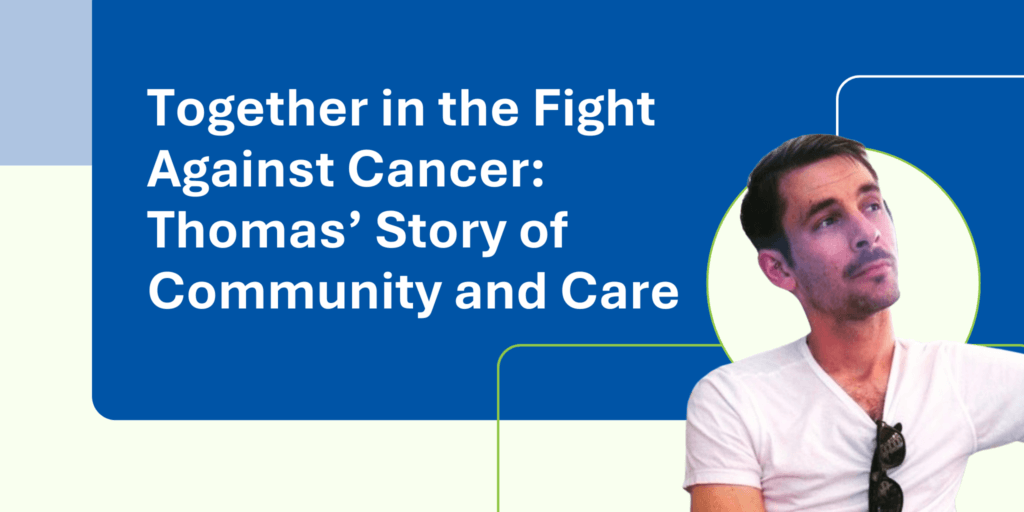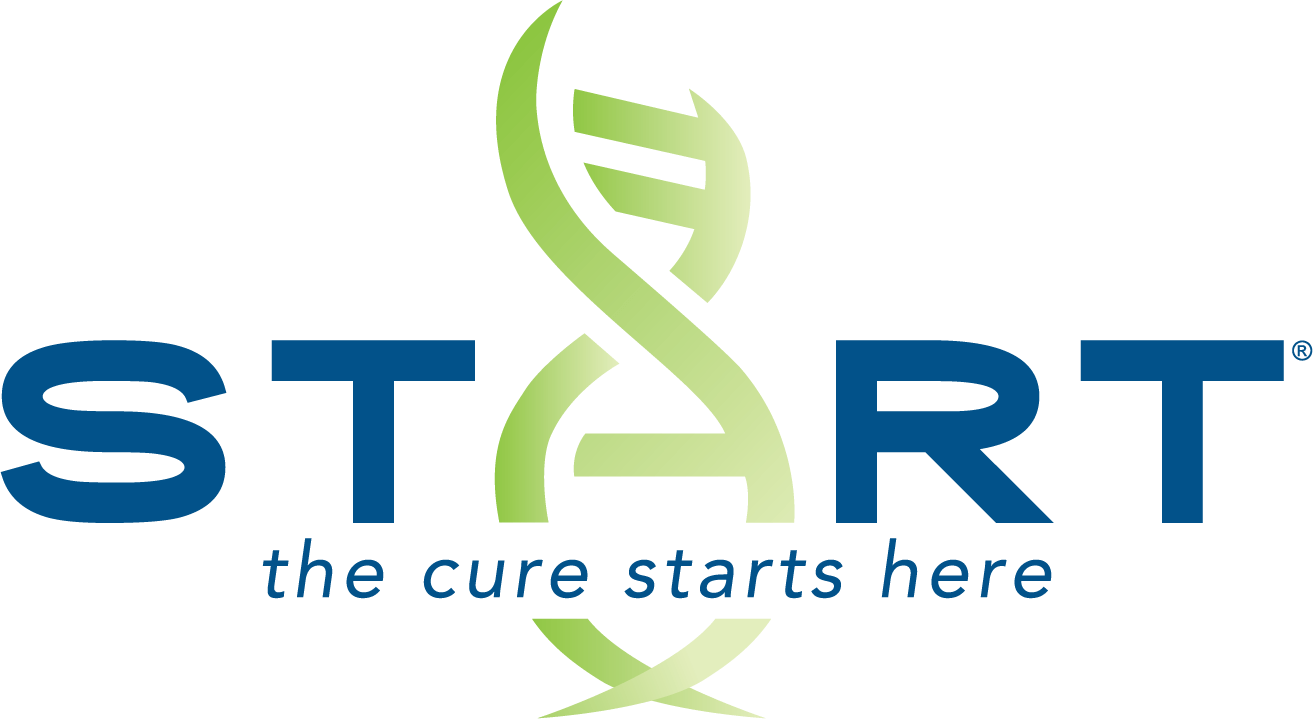Randomized clinical trials (RCTs) began in the 1940s with streptomycin’s evaluation against tuberculosis. Since then, RCTs have been the foundation of clinical trial design, ensuring therapies reach patients safely. For decades, oncology trials followed a set pattern: drugs were tested in preclinical models, followed by dose escalation to assess safety, toxicity, and efficacy compared to the standard of care. After establishing a recommended dose in the escalation phase, studies often enter a dose expansion phase, where the therapy is tested in a larger patient population to further evaluate its safety and efficacy across different cancer types or patient subgroups.
“Traditionally, clinical trials were very rule based and not modifiable through the entire process,” says Dr. Tatiana Hernandez, MD, who is the Director of Clinical Research at START Barcelona. “With a Phase 1 trial, for example, you completed the trial and you wouldn’t do anything else until a year later when everything gets approved to do a Phase 2.” Such rigid models often take longer, and are more expensive.
However, targeted cancer therapies and combination treatments have driven the need for more efficient trial designs. There’s also a push to accelerate the transition of these drugs from research to patient care, particularly when they show potential to improve quality of life or survival rates.
In particular, adaptive trial designs have gained in prominence by allowing for modifications in the protocol based on interim data. These adjustments can include changes in dose, sample size, treatment arms, and patient selection criteria. The goal of adaptive trial designs is to use accumulating data to make informed decisions that enhance the efficiency and effectiveness of the trial.
“This flexibility means a Phase 1 trial can provide insights into the basic science behind a drug and its effect in tumor cells, and evolve into a trial that examines efficacy and progression-free survival,” says Dr. Hernandez. “Right now, more than 60% of the trials we’re running at START Barcelona are dose escalation studies with multiple expansion cohorts.”
Key Benefits of Adaptive Trial Designs
Compared to traditional trial designs, adaptive trials can be expanded to test multiple treatment variables at the same time such as treatment setting (first line, neoadjuvant etc.), combination therapies or dosage variations to be tested against each other and against standard of care.
This approach shortens drug development timelines by allowing quicker transition between phases. For instance, successful dose-finding in phase one can seamlessly progress into efficacy testing in phase two without the need for a complete trial redesign. It also reduces costs for the sponsor because trials can be altered to stop dosages or treatment arms that are ineffective. This approach shortens time to approval, allowing for more patients to benefit from these therapies sooner worldwide.
Dr. Hernandez points to the KEYNOTE-001 trial that led to the approval of pembrolizumab (Keytruda) – in which START San Antonio dosed the first patient worldwide – as a successful example of an adaptive design. “It’s a phase one trial that ends up having 1,500 patients total, and leading to the approval of pembrolizumab in two different tumor types,” she says.
“Advances in technology and cancer biology have made these adaptive trials possible. “We understand how molecules work from the first dose, allowing us to determine both dosing and efficacy early in the trial,” Dr. Hernandez explains. She also notes that both sponsors and trial investigators are increasingly using artificial intelligence and big data technologies to understand and interpret trial data on a real-time basis to help inform the evolution of the trial design. “Technological advances have had a huge impact in trial development.”
The START Advantage
Running adaptive trials effectively requires significant expertise, experience and infrastructure to move quickly.
While most START clinics function as fully dedicated Phase 1 trial units, Dr. Hernandez notes how START is uniquely positioned to adapt to the changing requirements of trial sponsors and not only run more modern protocols but also provide valuable experience and insights in the trial design stage to help them choose the right protocol from the beginning.
She refers to an ongoing trial of an antibody drug conjugate for solid tumors that opened as a dose escalation study to identify the optimal biological dose in comparison across multiple solid tumor types. The study quickly advanced to adding multiple expansion cohorts to test the drug in progression to first-line setting in non-small cell lung cancer (NSCLC) and other epithelial tumors. The trial is now enrolling patients for testing in patients with NSCLC as a first in line therapy in combination with pembrolizumab.
“So, this trial in Barcelona started as a Phase 1, and it’s now probably considered a Phase 2,” says Dr. Hernandez. “If the efficacy is confirmed, then a Phase 3 would potentially follow, or we could even go for a fast-track regulatory approval if the efficacy is good enough.”
A strong referral network and close collaboration and communication between START investigators and referral physicians allows trials to enroll patients effectively even when expansion cohorts are added. “At START Barcelona, we have a very strong referral network that not only sees and refers patients from the late setting, but also from the very early beginning. And we have weekly meetings with them and we know beforehand if we’re going to be able to enroll not only in the dose escalation phase, but also in the dose expansion phase,” says Dr. Hernandez.
She also leads similar meetings where START investigators across Europe participate and discuss the feasibility of potential trials. These meetings allow START investigators to help sponsors understand how quickly a trial can enroll patients, and whether it can be opened across multiple START sites simultaneously. “It’s a very patient-centered collaborative environment, where we make sure to grant access to all patients in need of a clinical trial within the network.”
Dr. Hernandez notes that the strength of their referral network together with the use of established systems and protocols allowed START Barcelona to open 25 trials within only a year of starting. In only their second year, they have added a second clinical investigator, Dr. Roberto Martin, to the team, and are currently enrolling in over 40 trials.
Another important advantage at START is that the focus is entirely on clinical trials, with investigators deeply committed to understanding every detail of a drug’s function, often going beyond the requirements set by sponsors. This is particularly relevant in adaptive trials designed to be modified based on real-time information obtained as the trial progresses. It is crucial that sponsors know as much as possible about a drug, especially in the initial stages of the trial, in case the trial protocol needs to be changed.
“When adverse events occur, we don’t just report them—we try to understand why,” Dr. Hernandez explains. “Recently, a patient on a particular drug showed elevated liver ALT levels. Instead of just reporting it to the IRB, as required, I went further and worked with the patient to perform a liver biopsy to investigate potential root causes.”
While larger oncology centers might not have time for such procedures, START uses every resource available to gain a complete understanding of the drug’s side effects, which is especially valuable in adaptive trials that rely on real-world data to evolve the study.
“It’s about collaborating with the sponsor to understand what’s happening with their drug, and that’s something they really value,” says Dr. Hernandez. “I think START Principal Investigators are particularly driven by this curiosity.”
Another strong benefit of adaptive designs is that they accelerate traditional drug development timelines, which can take a decade or more for a drug to reach patients. By quickly identifying and discarding ineffective treatments, patients benefit from the best available options throughout the trial.
“It takes a lot of time for a drug to go from the bench to the bedside, and time is the one thing that patients with cancer don’t have. Adaptive designs are changing that timeline, and thereby helping effective treatments get to patients faster,” says Dr. Hernandez.
About START
Deeply rooted in community oncology centers globally, The START Center for Cancer Research provides access to specialized preclinical and Phase 1 clinical trials of novel anti-cancer agents. START clinical trial sites have conducted more than a thousand Phase 1 clinical trials, including for 43 therapies that were approved by the FDA. START represents the world’s largest roster of Principal Investigators (PIs) across its eight clinical trial sites. Committed to accelerating passage from trials to treatments, START delivers hope to patients, families, and physicians around the world. Learn more at STARTresearch.com.
About the Author, Dr. Tatiana Hernandez
Dr. Tatiana Hernández-Guerrero is a Medical Oncologist fully dedicated to clinical research at START Barcelona. She graduated as a Medical Doctor in Carabobo State University, in Venezuela in 2008, and then decided to pursue her specialist training program in Madrid, Spain. Upon completion, she entered the Medical Oncology Specialty Program at Fundación Jimenez Diaz University Hospital, where she would build the grounds for her career as a clinical researcher.
During the last year of her residency, Dr. Hernández had the opportunity to learn about DNA repair pathways and their implication in cancer biology during a 6-month stay at University of Michigan Cancer Center, under the supervision of Dr. Sofia Merajver MD PhD, where she developed a program for early detection and follow-up of patients at high risk of cancer that would later be put in practice at Fundación Jimenez Diaz UH.
Once completing her residency, and with the aspiration of furthering her career as an Investigator, Dr. Hernández moved to United Kingdom as a fully registered oncologist and completed a 1-year Clinical Research Fellowship focused in Early Phase Trials at Cambridge University Hospitals (Cambridge University Institute of Oncology). During this training, she focused her work on DNA repair pathways and was able to collaborate in the design of her first Investigator Initiated Clinical Trial, supported by Cambridge Institute and under the supervision of Prof. Duncan Jodrell, gaining valuable experience in the design of clinical trials and protocol-writing. She obtained a grant as a European Society of Medical Oncology Ambassador to participate in Methods in Clinical Cancer Research Workshop in 2017, learning the final basics in protocol development of early phase trials.
In November 2017, Dr. Hernández joined the START Program as a Clinical Researcher fully dedicated to Early Phase Trials, with focus on DNA-repair targeted therapies and immunotherapy in this setting. She has experience as Main Investigator on more than 40 trials and has been a co-author of several scientific papers published in medical journals. She recently completed her PhD in Medicine at Autonomous University of Madrid, under the direction and supervision of Dr. Victor Moreno and Dr. Jesús García-Foncillas.



